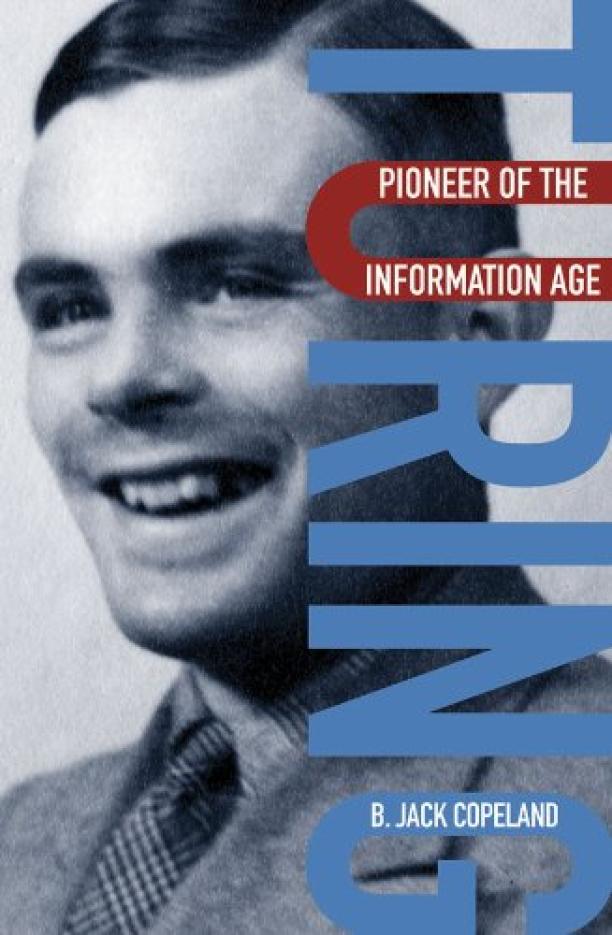Summary:
The book delves into the life and groundbreaking work of Alan Turing, a mathematician and computer scientist who played a pivotal role in the development of theoretical computer science and artificial intelligence. It explores his contributions to the field, including his work on the Enigma code during World War II and his conceptualization of the Turing machine, as well as his personal life and legacy.
Key points:
1. Universal Turing Machine: Alan Turing's concept of a Universal Turing Machine is a foundational idea in computing. It suggests that a single machine could theoretically perform any task given the right instructions, leading to the idea of programmable computers.
Books similar to "Turing":

Alan Turing
Andrew Hodges

Turing's Cathedral
George Dyson
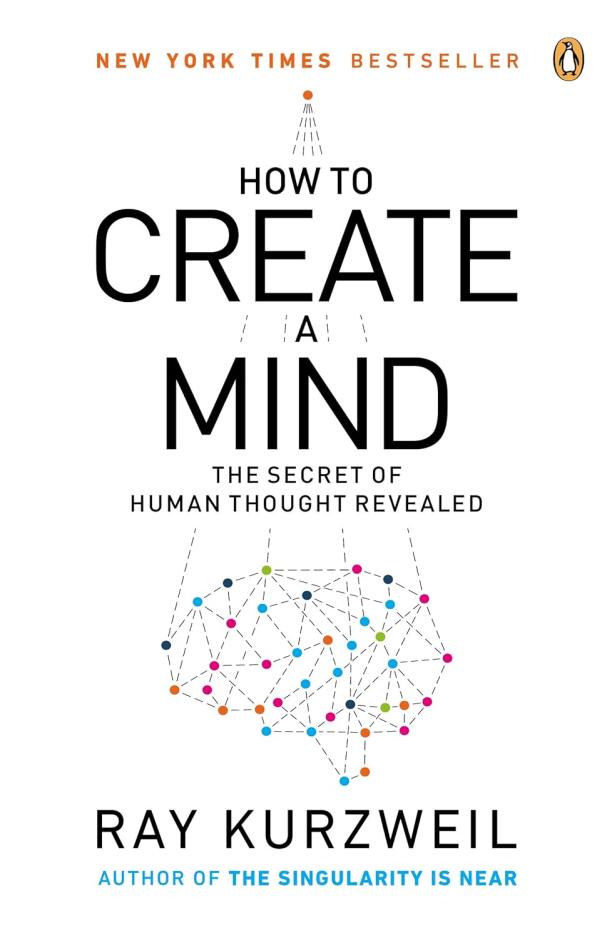
How to Create a Mind
Ray Kurzweil

When Computers Were Human
David Alan Grier
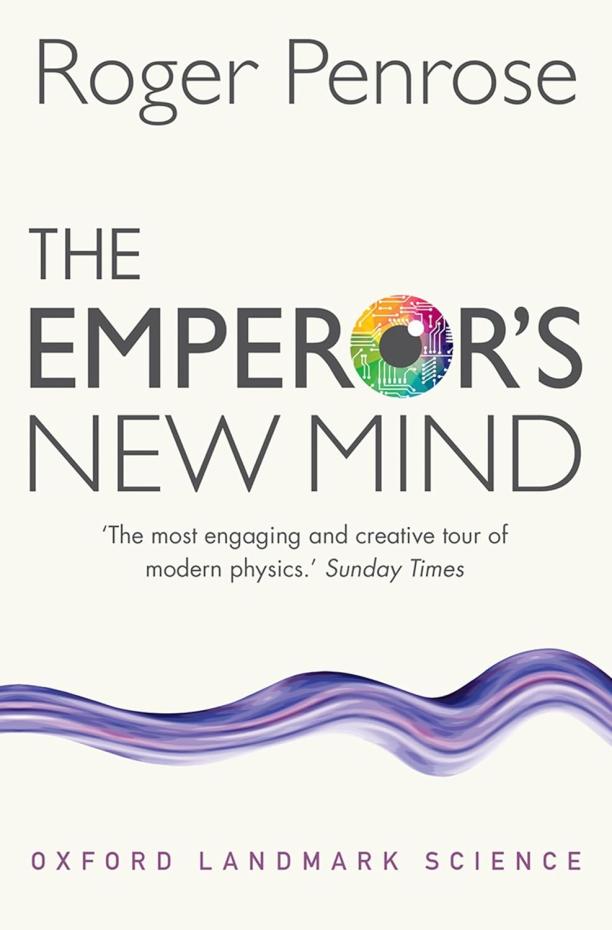
The Emperor's New Mind
Roger Penrose
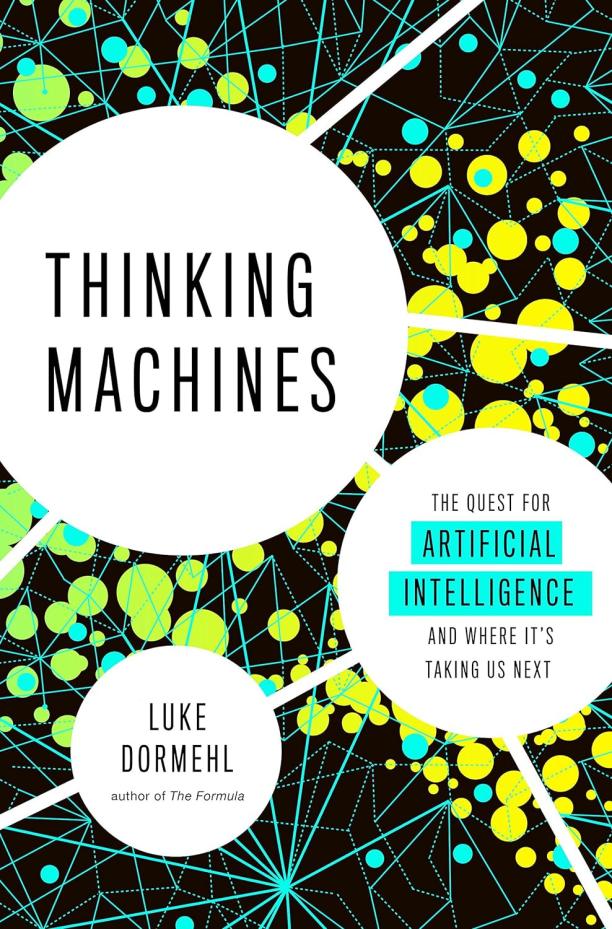
Thinking Machines
Luke Dormehl

Introduction to the Theory of Computation
Michael Sipser

The Secret Life of Bletchley Park
Sinclair McKay
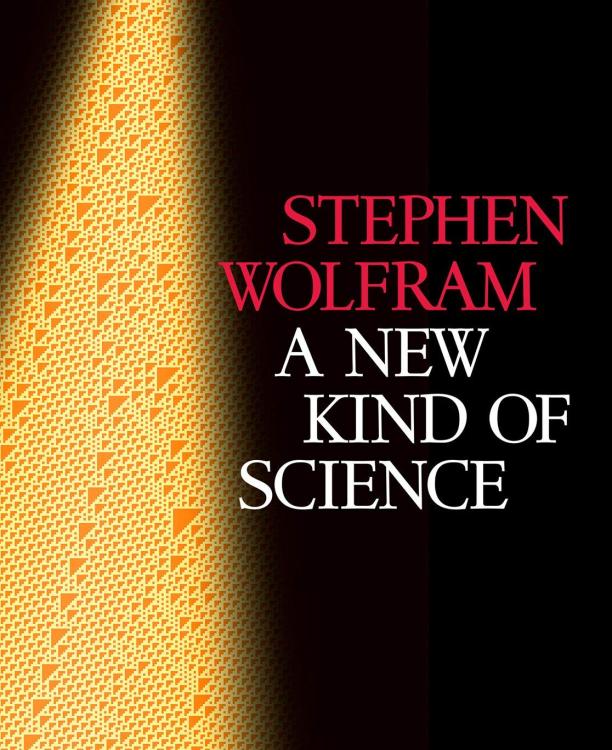
A New Kind of Science
Stephen Wolfram
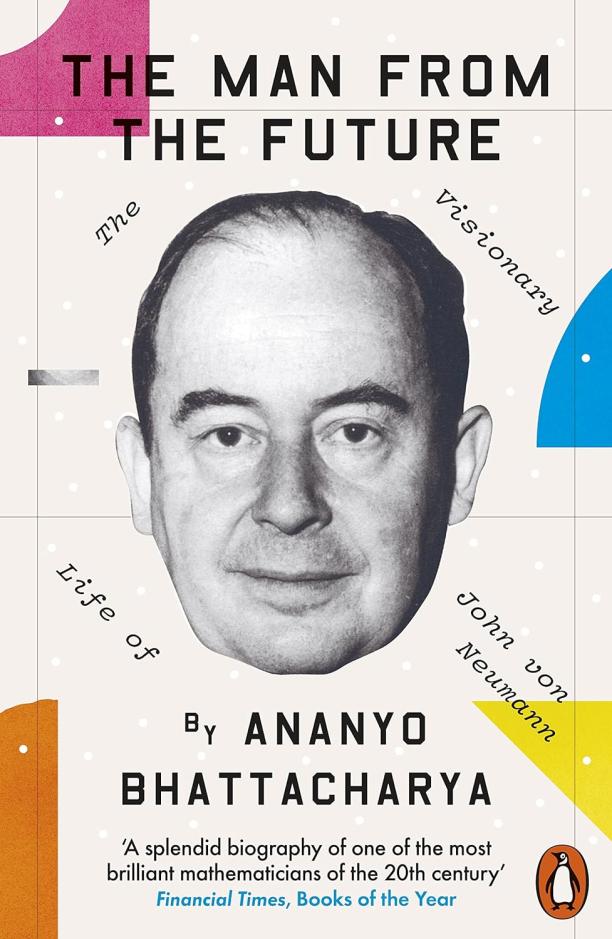
The Man from the Future
Ananyo Bhattacharya
